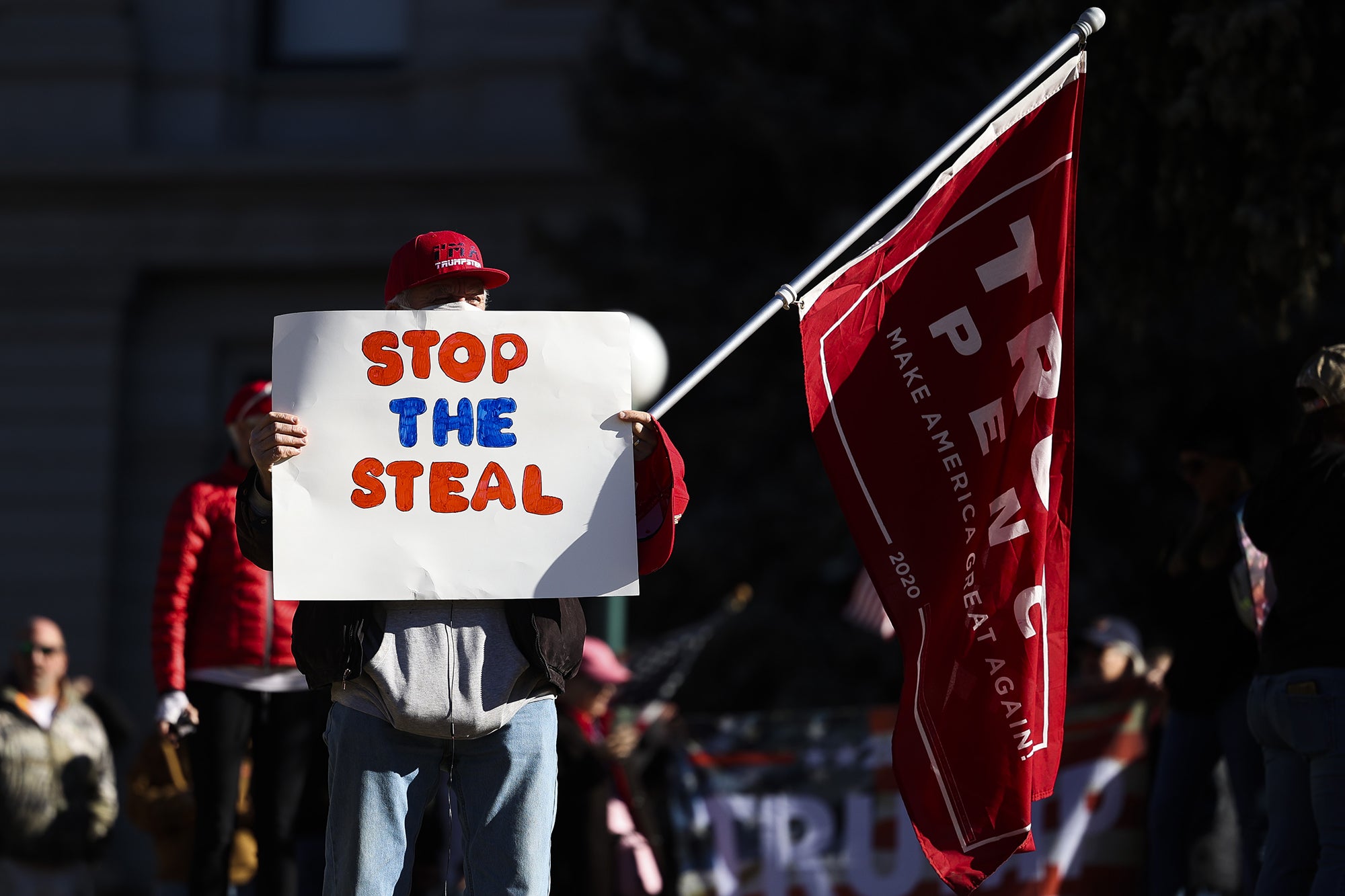Facebook bans ‘stop the steal’ content
(CNN) — Facebook will begin removing all content that mentions the phrase “stop the steal,” nearly 70 days after Election Day.
The social media giant said in a blog post that it will ramp up enforcement against the phrase because it was used by those who participated in last week’s riots at the US Capitol.
“With continued attempts to organize events against the outcome of the US presidential election that can lead to violence, and use of the term by those involved in Wednesday’s violence in DC, we’re taking this additional step in the lead up to the inauguration,” Guy Rosen, Facebook’s VP of integrity, wrote in a post about the company’s preparation for Inauguration Day.
On Election Day, the slogan “stop the steal” quickly became a rallying cry among President Donald Trump’s supporters, many of whom were egged on by Trump himself and his allies with false claims of election fraud. As a hashtag, its origins date back years, according to Facebook’s CrowdTangle analysis tool, but it became wildly popular in recent months as a gathering place for conspiracy theories about the election outcome.
Facebook added that it will continue its weeks-long ban on all US political advertising, including by Trump, whose account Facebook suspended indefinitely on Jan. 7. Rosen said Facebook rolled out new “emergency measures” last week — for example, Rosen said, group administrators will increasingly be required to review posts before they can be published, and comments that contain hate speech or incitement may be removed from group posts entirely.
The blog post comes as tech companies confront mounting skepticism about whether they did too little, too late to prevent the violence that swept the Capitol — and that continues to be a risk heading into President-elect Joe Biden’s inauguration next week.
